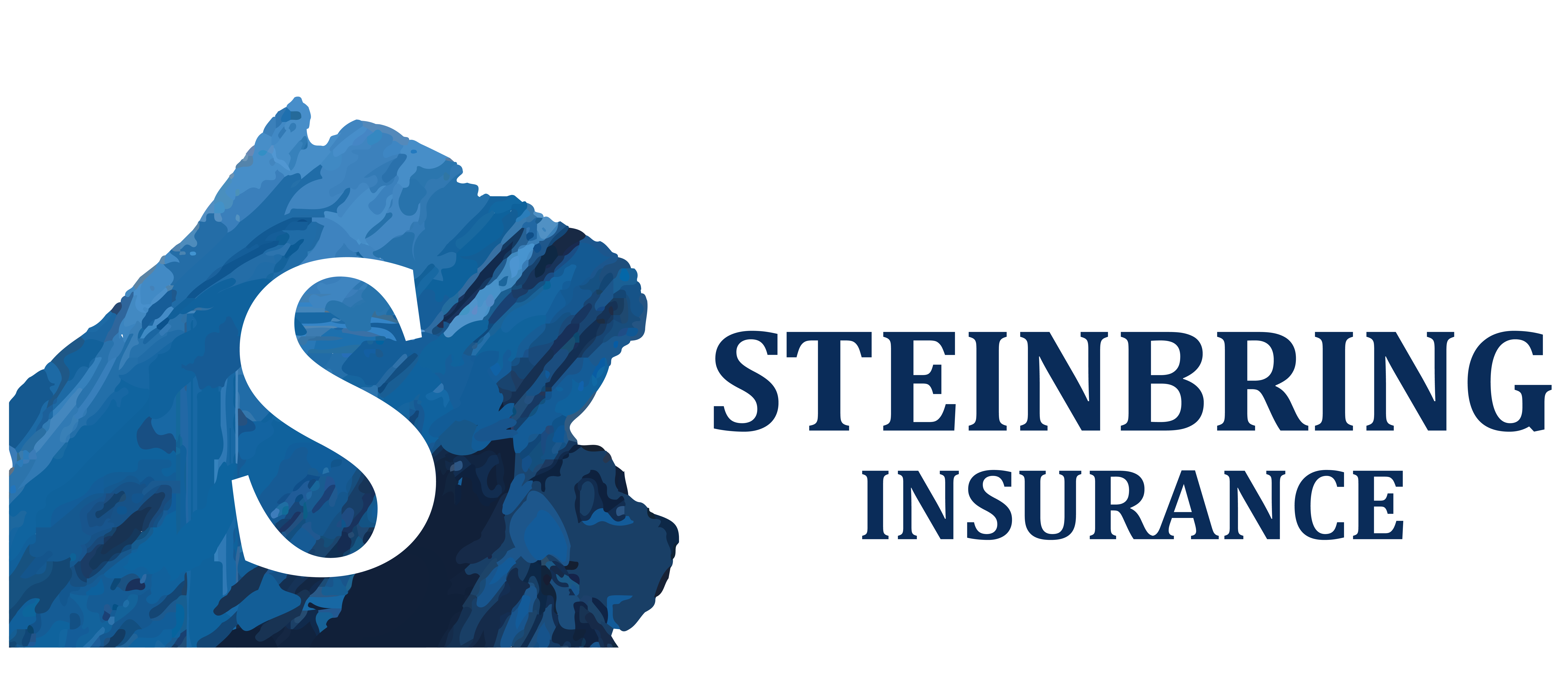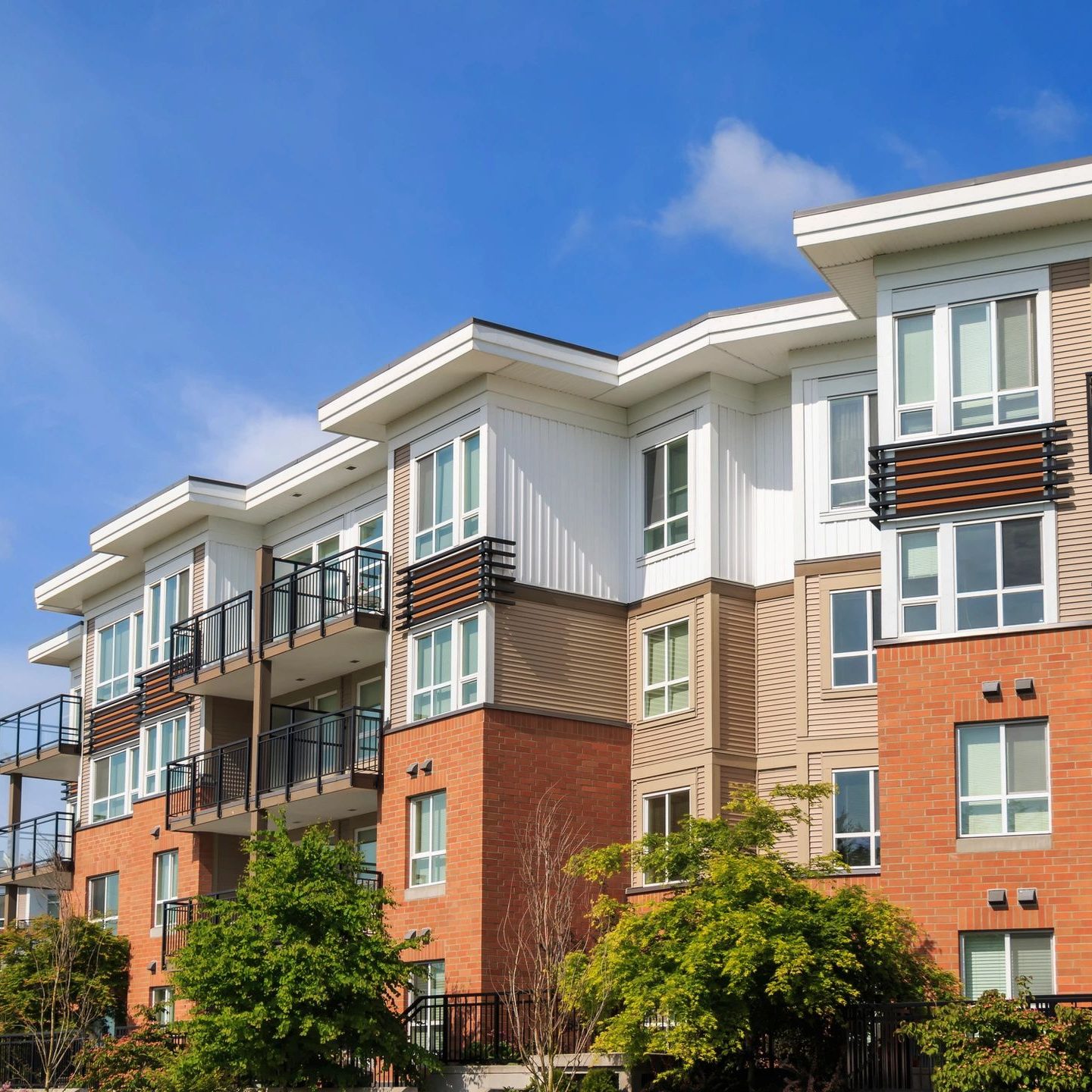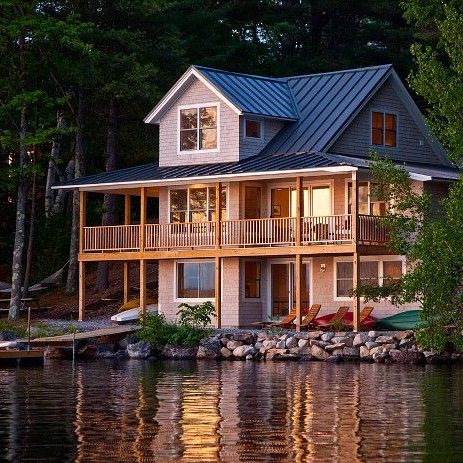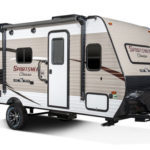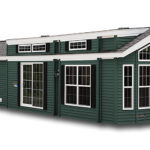Property Insurance

What kinds of property do you insure?
How do I get a quote for property insurance?
Reach out to us! Call us at 780-466-4812, or use the general contact form by clicking here. Alternatively, you can choose a broker of your choice by clicking here.
The information we'll need to get started is:
- your name, address, and date of birth
- the location address and type of property you would like a quote on
- your contact information
Can you provide some additional information on homeowner's insurance?
A home is likely your most important investment; making sure its protected is of pivotal importance. Home insurance can help you quickly recover from an insured event and can shield you from a potentially devastating financial loss.
Imagine the following scenario and how insurance could help:
- a fire starts as a result of a bathroom fan malfunctioning; your house burns to the ground. Check "Dwelling Building" coverage below.
- the fire spreads to a shed on your property that burns down. Check "Detached Private Structures" coverage below.
- because your house burned down, all of your possessions are now ashes. Check "Personal Property" coverage below.
- while your house is being repaired, you might have to live out of a hotel. Check "Additional Living Expenses" coverage below.
- the fire got so out of control that it damaged your neighbor's house. You would likely be legally liable for the damages. Check "Personal Liability" coverage below.
Dwelling Building
This includes coverage for the house, attached structures, permanently installed outdoor equipment, swimming pool, and materials/supplies located on the premises intended for use in construction of your house.
Detached Private Structures
Structures or buildings separated from the house by a clear space. For example, a detached garage, shed, greenhouse.
Personal Property
This covers your personal property while on premises and also while it is temporarily removed anywhere in the world.
Additional Living Expenses
Should an insured peril make your house uninhabitable, or if you need to move out while your house is being repaired, this covers you for any necessary increase in living expenses (ie. hotel) so that you can maintain your normal standard of living.
Personal Liability
This covers you for all compensatory damages you are legally liable to pay because of property damage or bodily injury.
Can you provide some additional information on condominium insurance?
While you may pay fees to your condo corporation and expect them to cover damage to common areas, without your own policy you are missing many important coverages.
It is important to review your agreement with your condominium corporation to determine whether you have a conventional condo or a bareland condo. Conventional condos mean you are only responsible for the "walls in"; bareland condos mean you are responsible for all property, including the building.
Imagine the following scenarios and how insurance could help:
- A major storm blows through your area. A tree is blown through your window and breaks the wall as well. There is damage to much of your personal property. Check "Personal Property" coverage below.
- while the giant hole in your unit is being repaired, you might have to live out of a hotel. Check "Additional Living Expenses" coverage below.
- you had put in all brand new fixtures and renovated the bathroom of your unit, and the fixtures and bathroom were damaged from the storm and the tree. However, the condo corporation will likely only compensate you for an amount up to the value of the unit as it was originally; they will not pay for any improvements or betterments you have made. Check "Unit Improvements & Betterments" coverage below.
- the condo did not purchase enough insurance to cover all of the damages to your unit walls, etc. Check "Unit Additional Protection" coverage below.
- There is a major fire in one of the common areas of the condo on the main floor. The condo corporation does not enough insurance coverage to cover the damages, so a special assessment is issued to each condo owner to cover the cost of repairs. Check "Loss Assessment" coverage below.
- Imagine that you accidentally leave the bathtub running, and it overflows. Water damage ensues to the unit below you. You would likely be legally liable for the damages. Check "Personal Liability" coverage below.
Personal Property
This covers your personal property while on premises and also while it is temporarily removed anywhere in the world.
Additional Living Expenses
Should an insured peril make your condo uninhabitable, or if you need to move out while your condo is being repaired, this covers you for any necessary increase in living expenses (ie. hotel) so that you can maintain your normal standard of living.
Unit Improvements & Betterments
This covers you for any any improvements or upgrades done to the condo by you that increase the value of the unit - these are typically not recoverable through the condo corporation.
Unit Additional Protection
Normally, your unit (not including personal property and improvements or betterments) is insured by the condo corporation. This covers you should your condo corporation carry insufficient coverage for your unit.
Loss Assessment
Should there be a loss to a common area and your condominium corporation has insufficient coverage, they may issue a special assessment to all condo owners. Depending on the peril, this covers you for those assessments.
Personal Liability
This covers you for all compensatory damages you are legally liable to pay because of property damage or bodily injury.
Can you provide some additional information on tenant's insurance?
If you're renting, it may not be your house, but it is your home. Tenant's insurance is very affordable, and often required by your landlord.
Imagine the following scenarios and how insurance could help:
- someone breaks into your apartment, and vandalizes your furniture, clothing, and other personal property. Check "Personal Property" coverage below.
- because the vandal broke in through your window, and it is wintertime, you are unable to live in your apartment while repairs are being done and may have to live in a hotel. Check "Additional Living Expenses" coverage below.
- Imagine that you accidentally leave the stove on, and a fire ensues. The fire spreads and damages your neighboring tenant's unit and all of their property. You would likely be legally liable for the damages. Check "Personal Liability" coverage below.
Personal Property
This covers your personal property while on premises and also while it is temporarily removed anywhere in the world.
Additional Living Expenses
Should an insured peril make your home uninhabitable, or if you need to move out while your home is being repaired, this covers you for any necessary increase in living expenses (ie. hotel) so that you can maintain your normal standard of living.
Personal Liability
This covers you for all compensatory damages you are legally liable to pay because of property damage or bodily injury.
How can I lower my property insurance premium?
Always contact us to receive personalized advice on the best way to reduce your individual property premium. That being said, the following are some ways you may be able to reduce your property insurance premium:
- bundle your home and auto insurance
- consider increasing your deductibles
- replace your roof
- install a sump pump and/or backwater valve
- update the electrical, plumbing, and heating systems in your home
- install an alarm system
- pay off your mortgage
- earn a loyalty discount by being a stable client
- earn a claims free discount by having no claims in a defined period
Property that may be limited or excluded on your policy
Insurance is complex; that's why you have a broker to help. Make sure to contact us in regards to any of the following, and to review any other exclusions on your specific policy.
Vacancy, Renting, Business Operations
Your coverage may be limited or voided if your home becomes vacant, you begin renting out part of your house (including things like Air BnB), or you start running a business out of your house.
Damage due to Water
Many policy have limitations due to water damage. For example, water damage due to slow leaks or ground water are not covered. Some water damage coverage can be added back on.
Motorized Vehicles
Trailers
Watercraft (boats, sea-doos, etc.)
Jewellery
Coin, Stamp, Card, or Comic Book Collections
Memorabilia
Business Books or Tools
Wine Collections
Silverware or Goldware
Contact Lenses
Money
Computer Software
Spare Auto Parts
Animals
Bicycles
Cannabis & Cannabis Related Items
Additional coverages that you may be able to add to your policy
Identity Theft
Identity theft is the fraudulent acquisition and use of a person's private identifying information, usually for financial gain. You may need coverage to cover the cost: of notarizing fraud affidavits, certified mail, lost wages as a result of time taken off from work, loan application fees, and reasonable legal counsel fees.
Credit Card
This may cover you for unauthorized use or theft of your credit card.
Sewer Back Up
Coverage for damage caused by sewer lines backing up, sump pump failure, and septic tank ruptures. This may also include coverage for damage to water service lines that you own or are legally liable for.
Overland Water
Coverage for water damage caused by rain accumulation, spring run-off, and overflowing freshwater bodies like rivers and lakes.
Replacement Cost and Guaranteed Replacement Cost
Replacement Cost means you are covered for the cost of repairs or replacement without deduction for depreciation.
Guaranteed Replacement Cost means you are covered for the cost of repairs or replacement without deduction for depreciation even if the cost exceeds the limit of insurance shown on your policy.
